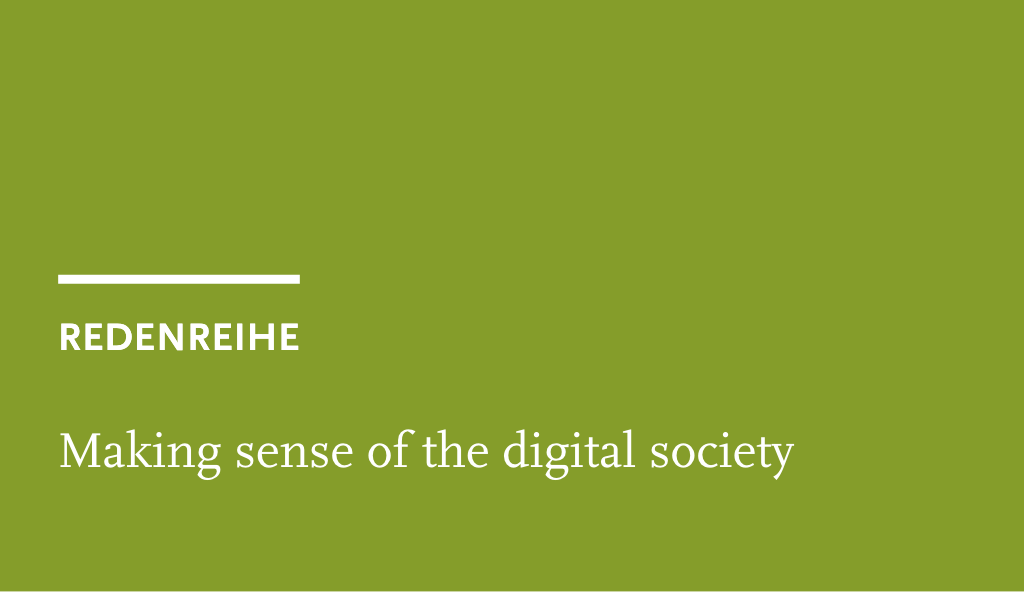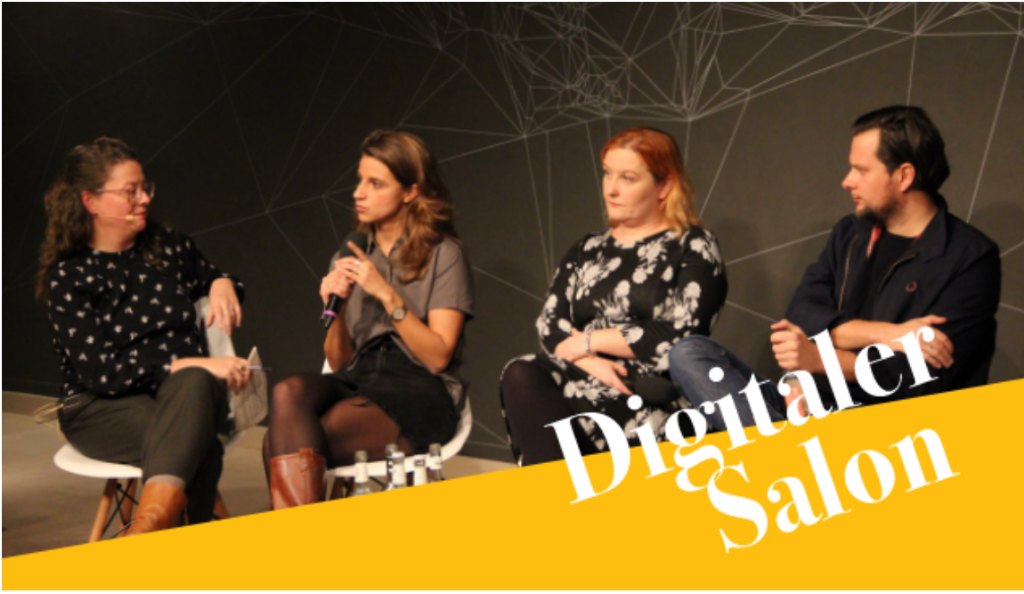
Wissenschaft übersetzen: Was funktioniert und was nicht?
Am 1. Oktober veranstalten Elephant in the lab ihr nächstes Meetup welches sich mit dem Thema der Übersetzung wissenschaftlicher Arbeiten und damit einhergehender Problematiken sowie Chancen beschäftigt. Bei Interesse melden Sie sich bitte über die Meetup Website an. Die Veranstaltung ist in englischer Sprache.
Translating Science: What’s good and what’s not?
01 October 2019 | 7 pm | doors open 6.30 pm
HIIG | Französische Straße 9 | 10117 Berlin
Researchers are more and more expected to help solving problems faced by the society and replenish public debates with evidence and expertise. What might, in the end, lead to an informed discourse and stimulate sophisticated political decision, is hard work for individual scientists. Translating scientific practice and evidence in a suitable and digestible way can be tough. You have to reduce complexity, while not simplifying or even overselling your results. You have to link your findings to the topic at debate, while not switching to the role of an activist yourself. But what makes science communication scientific? Are click rates and media attention really a characteristic of relevance and societal impact? Where is the boundary between a researcher and an activist? Bringing together researchers and practitioners who are active on the science and society interface, we will tackle the question of quality in science communication and share insights of how it can work.
Speakers
Dr. Gregor Hagedorn, Museum für Naturkunde
Prof. Gert G. Wagner, senior researcher at DIW and HIIG
Elena Erdmann, data scientist at ZEIT ONLINE
DIGITAL SOCIETY VORTRÄGE
Diese exklusive Vorlesungsreihe entwickelt eine europäische Perspektive zu den aktuellen Transformationsprozessen innerhalb unserer Gesellschaft.
DIGITALER SALON
Einmal im Monat laden wir ausgewählte Gäste ein, um gemeinsam mit dem Publikum über die Auswirkungen der Digitalisierung auf die Gesellschaft zu sprechen.
NEWSLETTER
Erfahren Sie als Erstes über neue Events und spannende Forschungsergebnisse.

